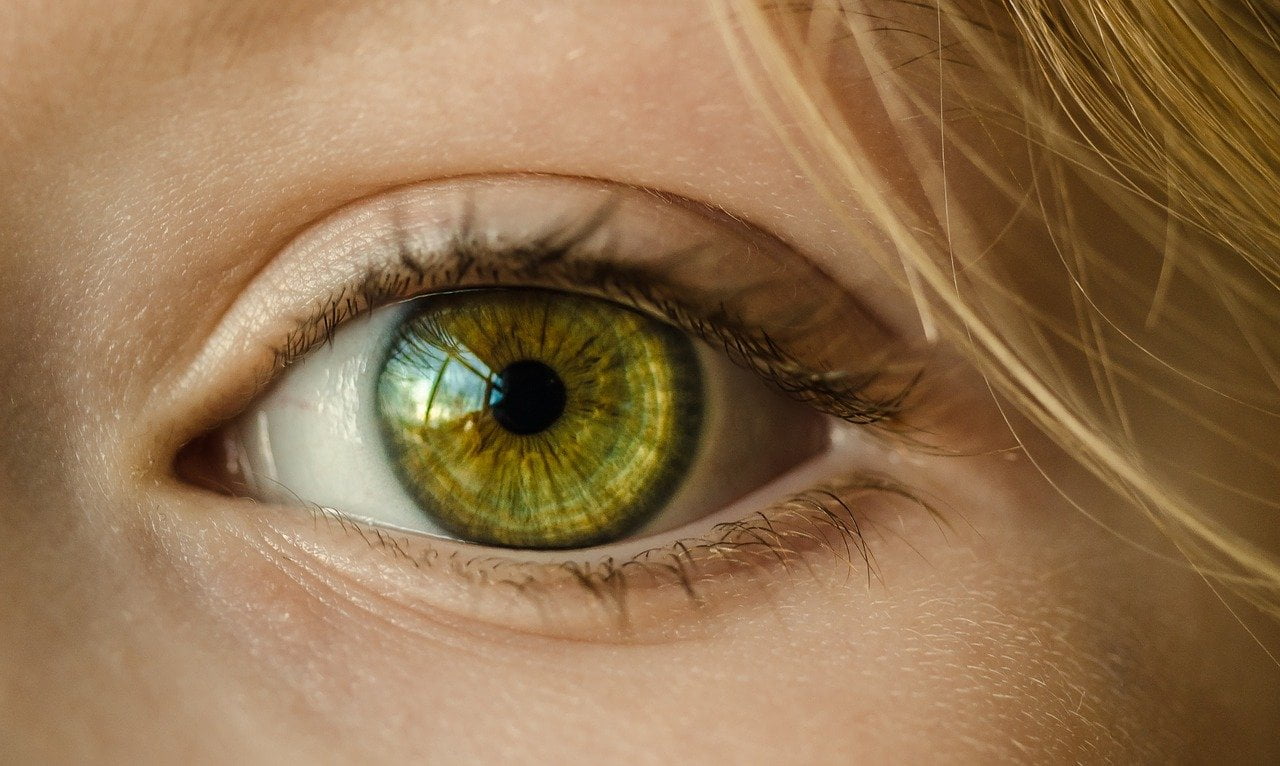The Food and Drug Administration approved COVID-19 vaccine booster shots for people with weakened immune systems, according to CNBC. With this move, the organization intends to protect the most vulnerable population from the delta variant, now prevalent in the country.
Q2 2021 hedge fund letters, conferences and more
Acting FDA Commissioner Dr. Janet Woodcock said in a statement: “Today’s action allows doctors to boost immunity in certain immunocompromised individuals who need extra protection from COVID-19.”
The measure will mean that organ transplant recipients, and HIV and cancer patients, can now receive a third dose of the Pfizer Inc (NYSE:PFE)-BioNTech SE-ADR (NASDAQ:BNTX) or Moderna Inc (NASDAQ:MRNA) vaccines.
“The FDA also emphasized that other fully vaccinated people are ‘adequately protected’ and currently do not need an extra dose.”
However, the booster shot is yet to meet further approval at the hands of the Centers for Disease Control and Prevention. The vaccine advisory committee will meet on Friday, whose recommendation, if approved by the CDC would allow third shots to begin straightaway.
Those with a lower immunologic response represent only 2.7% of the U.S. adult population but account for nearly 44% of hospitalized Covid breakthrough cases, “which is when a fully vaccinated individual becomes infected,” CNBC reports.
Low Immune Response
According to Dr. Anthony Fauci, the White House chief medical advisor, federal health officials were fast-tracking efforts to grant the booster doses to the most vulnerable.
“It is extremely important for us to move to get those individuals their boosters, and we are now working on that, and we will make that be implemented as quickly as possible.”
The decision of a third shot stems from the results of four CDC short-scale studies that determined that between 16% and 80% of this population did not show antibodies to fight Covid after two shots.
“Among vaccinated patients who had no detectable antibody response, 33% to 50% developed an antibody response after receiving an additional dose.”
On the other hand, the delta variant should also prompt the rest of the population to wear better masks, experts said.
Dr. Abraar Karan, an infectious diseases fellow at Stanford University, told The Boston Globe, “The quality of masks is key.”
“N95 masks are considered the gold standard mask, blocking 95 percent of airborne particles. KN95 masks, which are manufactured in China, can be equivalent to N95s in effectiveness, but they have not gone through the federal approval process.”




